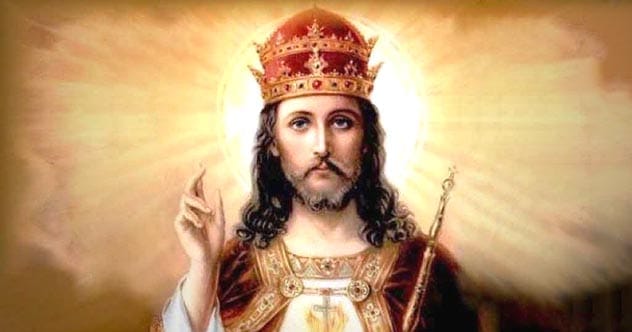Christianity’s widespread influence over the last two millennia has produced countless leaders, thinkers, and innovators. Among them, a distinguished few have not only shaped the course of Christian history but have also left an indelible mark on the world. Here are ten such figures, each contributing uniquely to our shared human story.
1. Martin Luther
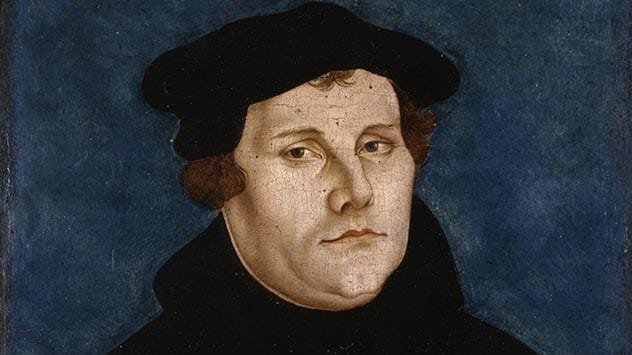
Martin Luther stands as a towering figure in Christian history, sparking the Protestant Reformation. His challenge to the Catholic Church’s practice of selling indulgences, through his Ninety-Five Theses in 1517, ignited a movement that reshaped Christianity. Luther’s insistence on the Bible being accessible to all led to its translation into common languages, democratizing religious knowledge. His actions led to his excommunication, but his legacy remains as a catalyst for profound religious and social change.
2. Martin Luther King, Jr.
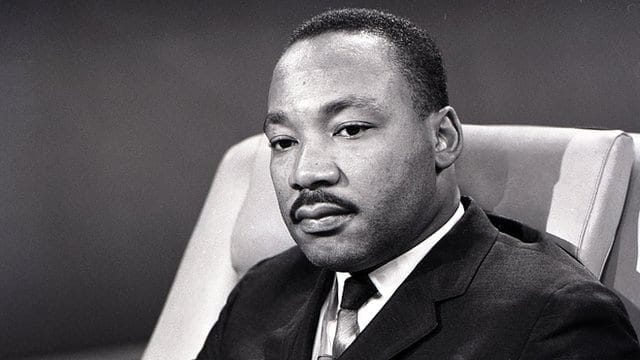
Martin Luther King, Jr., a Christian minister, became a pivotal leader in the American Civil Rights Movement. Through nonviolent civil disobedience, inspired by his faith and Mahatma Gandhi, King challenged segregation and racial injustice. His efforts, including the Montgomery Bus Boycott, galvanized a nation and led to landmark civil rights legislation. Despite his assassination in 1968, his message of equality and justice continues to inspire movements for social change worldwide.
3. Florence Nightingale
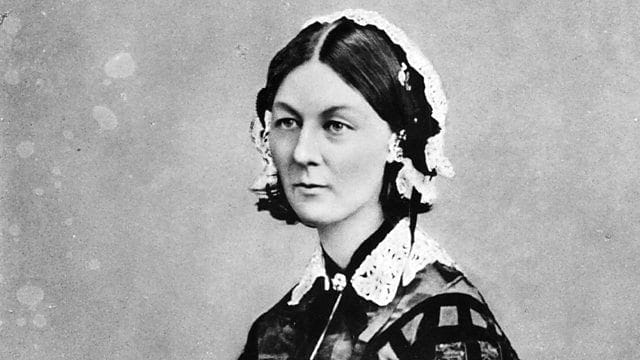
Florence Nightingale, the founder of modern nursing, revolutionized healthcare. During the Crimean War, her work in caring for wounded soldiers earned her the title “The Lady with the Lamp.” Post-war, she established a nursing school at St. Thomas’ Hospital in London, advocating for improved medical knowledge and expanding women’s roles in medicine. Nightingale’s commitment to healthcare reform and her opposition to discrimination laid the groundwork for the nursing profession as we know it today.
4. Galileo Galilei
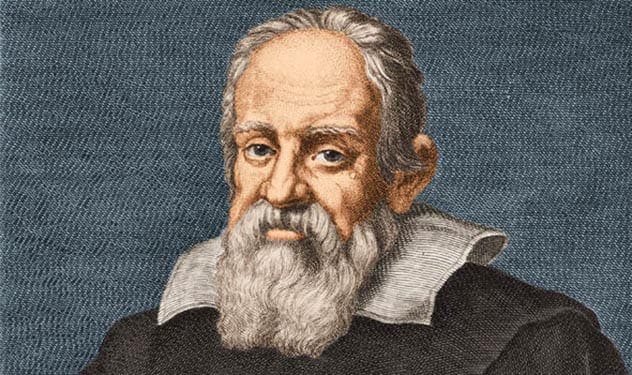
Galileo Galilei, a devout Catholic, revolutionized astronomy and physics, earning titles like the father of modern science. His support for heliocentrism, the concept that the Earth revolves around the Sun, brought him into conflict with the Catholic Church. Though condemned for heresy, Galileo’s observations and experiments laid the foundation for modern scientific thought. The Church later apologized for his persecution, acknowledging his profound impact on science.
5. Blaise Pascal
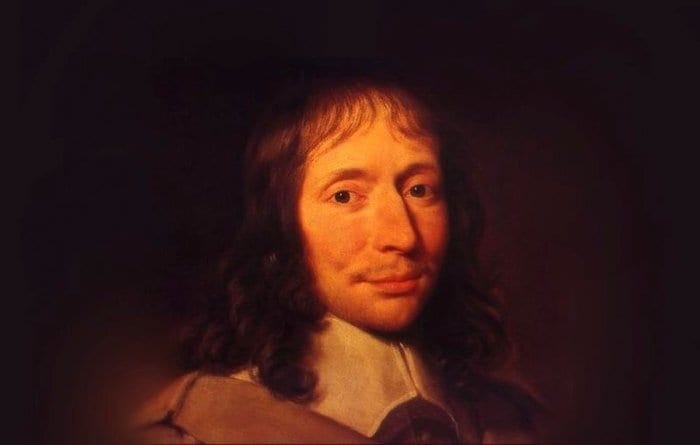
Blaise Pascal was a multifaceted genius—a physicist, mathematician, and theologian. He invented one of the first mechanical calculators and made significant contributions to mathematics and physics. In his later years, Pascal focused on theology, developing “Pascal’s Wager,” a philosophical argument for belief in God. His work across diverse fields reflects a deep intellectual curiosity and a commitment to both science and faith.
6. Napoléon Bonaparte
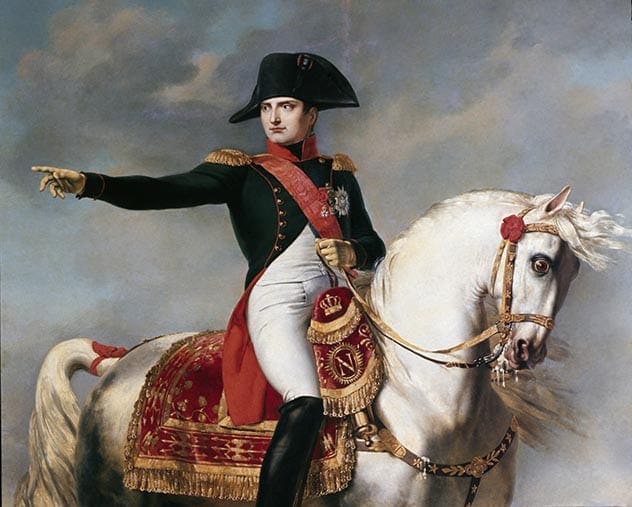
Napoléon Bonaparte, a dominant figure in European history, rose to power during the French Revolution. As Emperor of France, he led military campaigns that reshaped Europe, spreading revolutionary ideas and legal reforms. Though not deeply religious, Napoleon understood the power of the Church, reconciling with the Pope to stabilize his regime. His impact on law, warfare, and European politics remains significant.
7. Michael Faraday
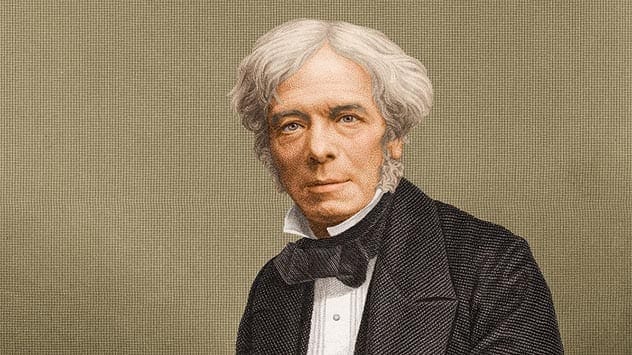
Michael Faraday, a devout Christian and pioneering scientist, transformed our understanding of electricity and magnetism. His discoveries in electromagnetism laid the groundwork for the electric motor and modern electrical technology. Faraday’s ability to reconcile his scientific pursuits with his religious beliefs inspired future generations of scientists. His work has fundamentally shaped the modern world, powering our homes and industries.
8. William Shakespeare
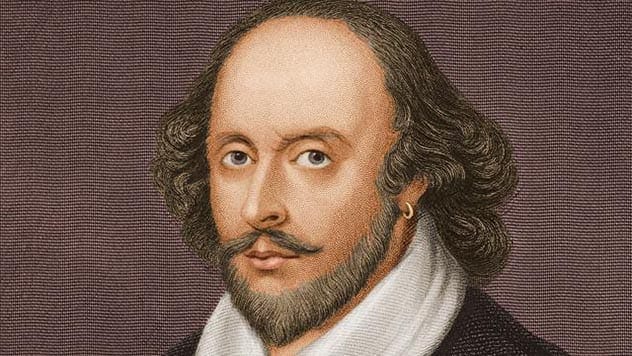
William Shakespeare, the English Bard, is considered the greatest writer in the English language. His plays and poems have been translated into every major language, influencing literature and theater worldwide. Shakespeare’s exploration of human nature, morality, and faith continues to resonate with audiences centuries later. Though the specifics of his religious beliefs are debated, his works reflect a deep engagement with Christian themes and values.
9. Constantine the Great
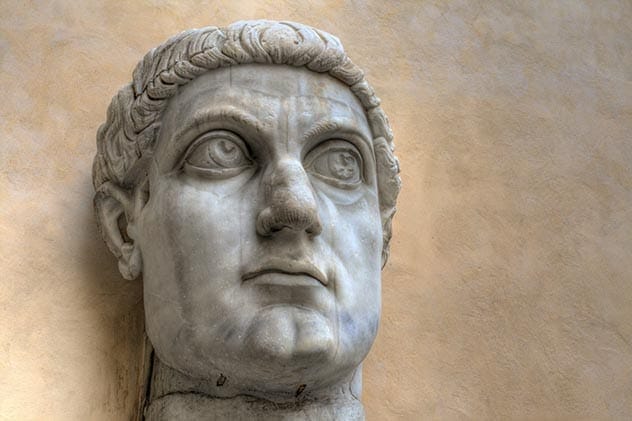
Constantine the Great, the first Roman Emperor to embrace Christianity, fundamentally altered the course of religious history. His Edict of Milan in 313 AD established religious tolerance in the Roman Empire, paving the way for Christianity’s growth. Constantine convened the First Council of Nicaea, which shaped Christian doctrine, and commissioned the Church of the Holy Sepulchre. His actions transformed the Roman Empire into a center of Christian power.
10. Johannes Gutenberg
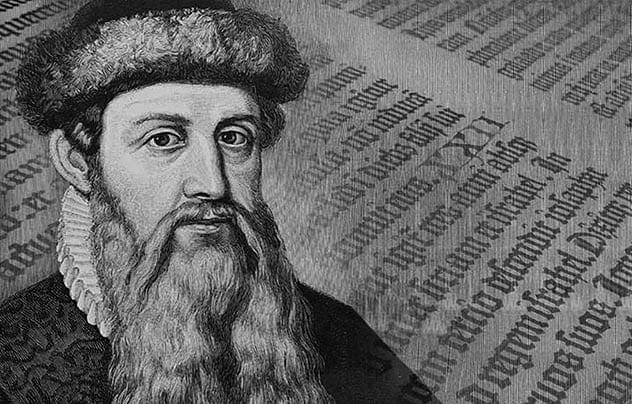
Johannes Gutenberg’s invention of the movable type printing press revolutionized the spread of knowledge. His printing of the Bible made it accessible to a wider audience, fostering independent thought and contributing to the Protestant Reformation. Gutenberg’s innovation spurred literacy, education, and the dissemination of ideas, transforming society and ushering in the modern age.
These ten Christians, through their diverse contributions, have left a lasting legacy on our world. Their stories remind us of the profound impact individuals can have, driven by faith, intellect, and a commitment to change. From religious reform to scientific discovery, their influence continues to shape our lives today.
Share your thoughts on these influential figures in the comments below!


